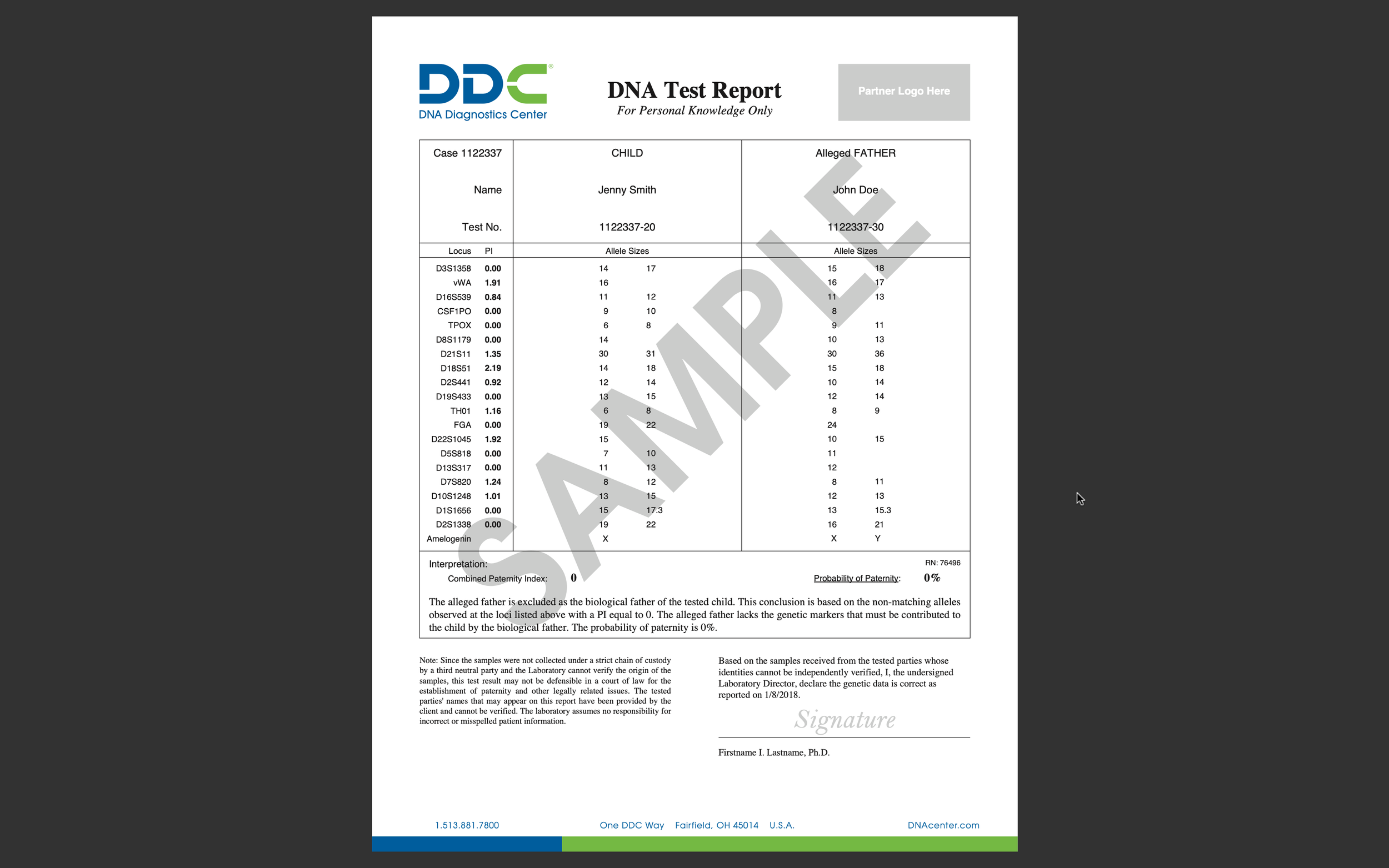Best Ways to Ask Your Partner for a Paternity Test: Honest, Respectful, and Effective Strategies
The Challenge of Discussing Paternity Testing
Asking your partner for a paternity test can be a sensitive and emotionally charged conversation. While the topic may feel uncomfortable, approaching it with empathy and respect is key to fostering understanding. This guide provides tips for initiating the conversation, addressing concerns, and navigating the process with care.
Why Open Communication Matters in Paternity Test Requests
Open, honest dialogue is critical when discussing paternity testing with a partner. Whether you’re the potential father or mother, fostering a respectful, transparent conversation helps reduce tension, build trust, and focus on the best interests of the child.
How Potential Fathers Can Start the Paternity Test Conversation
For potential fathers, leading with clarity and empathy is key. Use these steps for a constructive, respectful request:
Express Your Intentions Clearly: Share why you believe a paternity test is important, prioritizing your desire for clarity and openness—not blame.
Emphasize Mutual Goals: Frame the discussion around shared benefits like accurate records, legal security, and stronger family bonds.
Choose the Right Time and Place: Select a private, distraction-free setting to encourage honest dialogue.
Actively Listen: Demonstrate empathy by acknowledging your partner’s concerns and feelings, fostering a safe space for open exchange.
How Potential Mothers Should Approach Paternity Test Talks
When mothers initiate the conversation, sensitivity and reassurance matter most. Focus on:
Expressing Concern for Everyone’s Well-being: Emphasize clarity and security for all involved, including the child.
Highlight Practical Benefits: Explain how a paternity test can provide legal, financial, or emotional stability for the child and family.
Acknowledge Emotional Discomfort: Recognize the topic may be difficult, but stress its importance as a positive step for the family's future.
Handling Paternity Test Results: Positive and Negative Outcomes
Once DNA paternity test results are available, it’s crucial to approach the conversation with care, empathy, and clarity:
Positive Results (Confirmed Biological Match): Use positive outcomes to reinforce family trust, plan for shared responsibilities, and build a supportive environment for the child’s future.
Negative Results (No Biological Match): Offer emotional support as partners process unexpected news and consider seeking legal or counseling help if needed.
Remember that professional resources—such as family law experts, counselors, and support organizations—can help you and your partner navigate both the legal and emotional aspects after a DNA test.
Conclusion: Building Trust and Openness with Transparent Communication
Requesting or discussing a paternity test can be challenging, but honest, transparent conversations foster trust for all involved. When approached with empathy and clear communication, paternity testing can provide resolution, security, and peace of mind for parents and children alike.
Frequently Asked Questions About Discussing Paternity Testing
How do I ask my partner for a DNA paternity test?
Start the conversation with empathy and honesty. Clearly communicate your reasons, focus on finding answers and clarity, and discuss the benefits for your family’s well-being and trust.
What should I do if my partner responds negatively to the idea of a paternity test?
Listen to your partner’s concerns without judgment. Reassure them that your intent is not to accuse but to create certainty and security for everyone involved, and allow time for emotions to be processed.
How can couples handle it if paternity test results show no biological relationship?
Seek professional support—such as counseling or legal advice—to help manage reactions and make informed decisions about next steps in a constructive, supportive way.
Follow us on Instagram and Twitter! If you have questions about paternity tests or other DNA testing services, please contact our Client Support Center at 302-529-1789, Mon-Sunday from 8:00 AM to 9:00 PM Eastern Time. Our friendly, expert representatives are ready and happy to help. Get answers anytime by visiting our Help Center.



